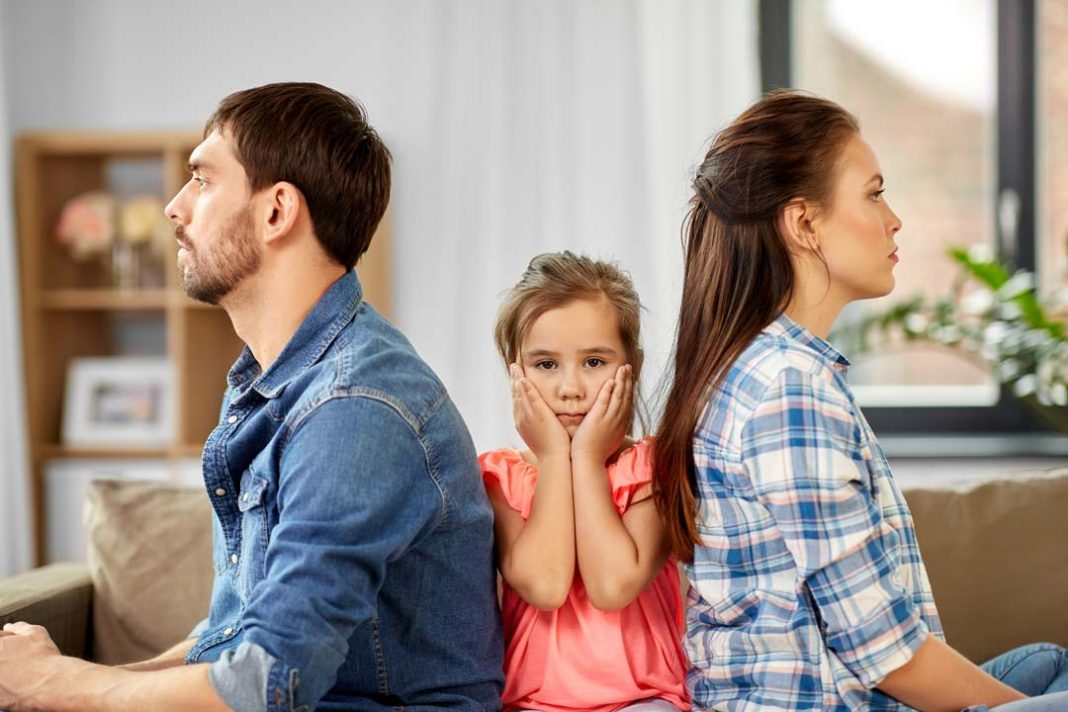Divorce or separation often results from deep unhappiness or incompatibility and can be the only option in cases of domestic violence. However, it can have a more devastating impact on children than parents anticipate. Here’s how divorce can affect children, even years after they’ve grown up.
**1. Trauma and Loss of Security**
Divorce can cause deep trauma and disrupt a child’s sense of safety and security for life. Trauma is defined by the Khiron Clinic as “anything that overwhelms the psyche and has a lasting negative impact on a person’s health and well-being.”
**2. Fear of Abandonment and Lack of Commitment**
For many adults, the impact of their parents’ divorce affects how they view relationships, leading some to avoid marriage, children, or vulnerability. According to the Institute of Family Studies, the fear of being left behind can persist for years. As adults, this fear can transform into a belief that love is fleeting or that conflict means a permanent end.
**3. Continuing the Cycle of Divorce**
People from divorced families are more likely to experience divorce themselves. According to Nicholas Wolfinger’s book “Understanding the Divorce Cycle,” individuals whose parents divorced are 50% more likely to experience divorce. This likelihood increases to 200% if both parents come from divorced homes.
**4. Emotional Abuse from Toxic Divorce**
High-conflict divorces, which involve intense battles over custody, property, and finances, can create a toxic environment where children are used as pawns. According to MentalHealth.net, this form of “high-conflict divorce” can be akin to emotional abuse, leaving children feeling like they’re constantly walking on eggshells. These children often experience anxiety, depression, and difficulty coping, similar to victims of abuse and neglect.
**The Impact of Divorce on Children**
Before they become adults, divorce also affects children in several ways:
– **Externalizing Behaviors:** Some children may exhibit challenging behaviors such as defiance, aggression, and disruption as a way of coping with the emotional upheaval caused by divorce. These are known as externalizing behaviors.
– **Internalizing Behavior:** Other children may internalize their feelings, leading to sadness, anxiety, low self-esteem, and guilt. Spectator writer Bridget Phetasy describes the emotional turmoil of divorce as bringing up rage, grief for lost potential, and anger at being sidelined by parents focused on new relationships.
**Challenges Children Might Face Include:**
– Academic difficulties due to concentration issues
– Strained relationships with one parent
– Feelings of guilt, believing they caused the divorce
– Risk-taking behaviors
– Health concerns due to a weakened immune system
**Supporting Children Through Divorce**
It’s crucial to reassure children about their concerns and maintain a united front in co-parenting. Understanding these behaviors is the first step to helping children develop healthier coping mechanisms.




